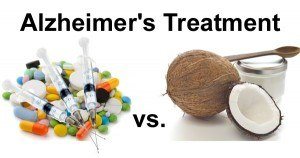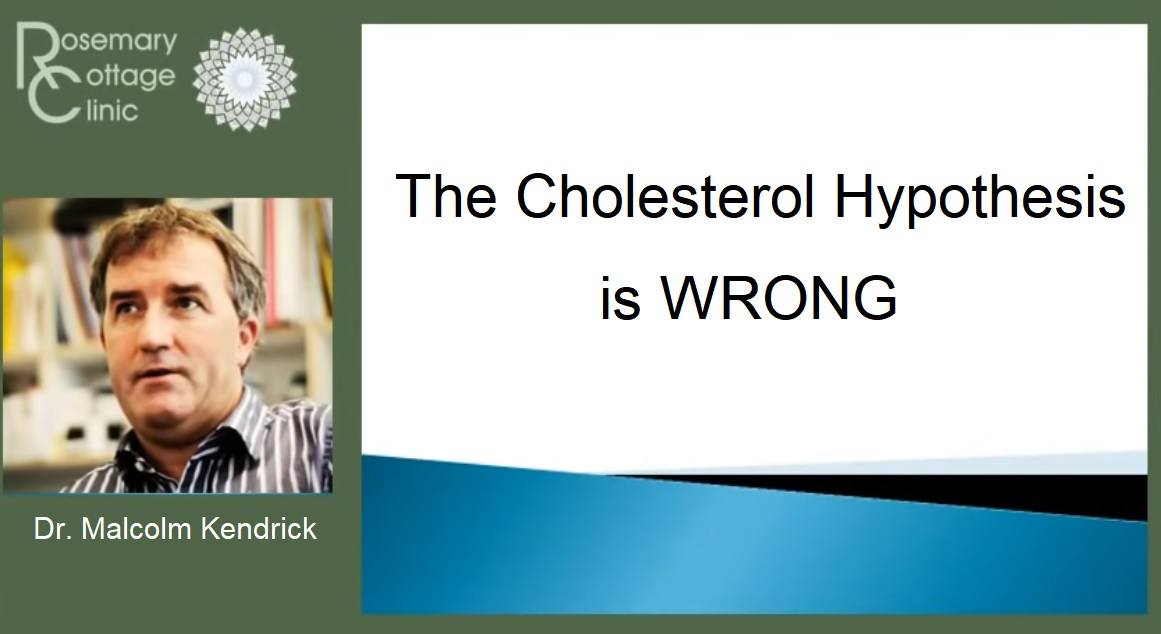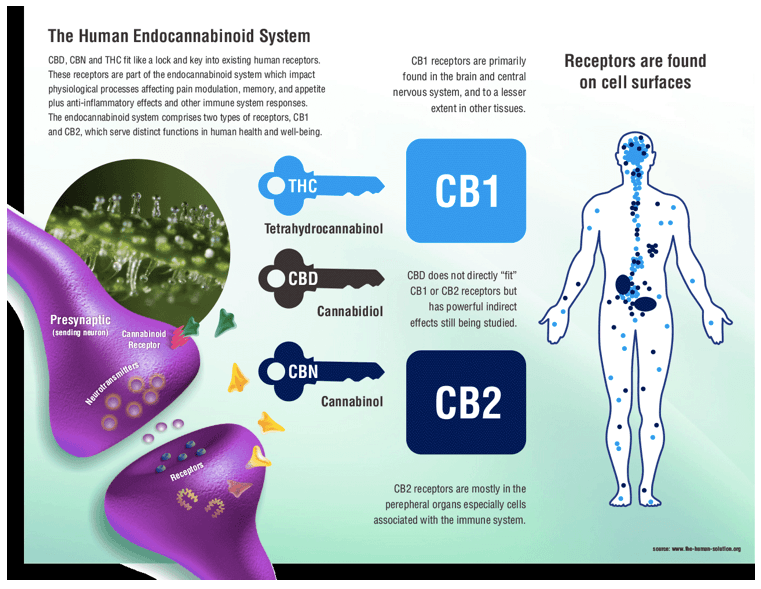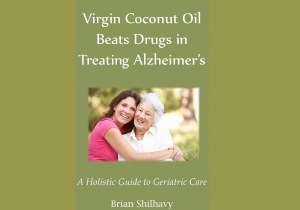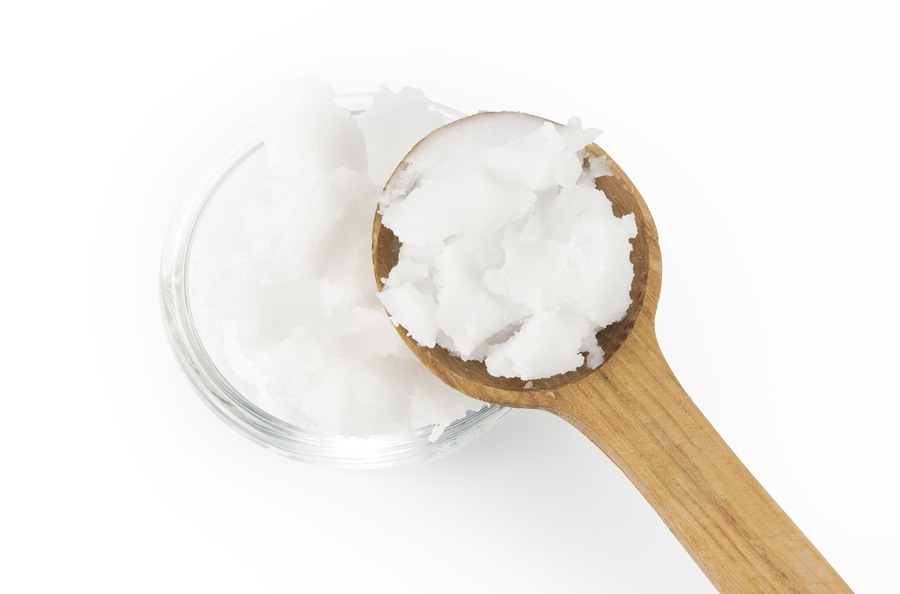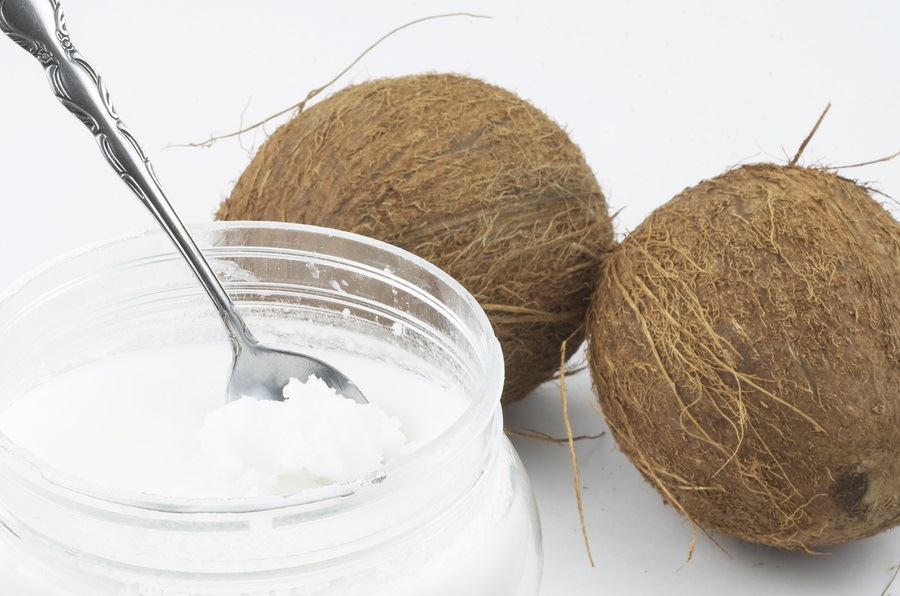Coconut Oil Seen as Viable Option to Prevent and Treat Alzheimer’s Disease
For more than a decade now, we have been publishing research and testimonials from people who have had success in reversing Alzheimer's Disease with coconut oil. The research and testimonials are published on CoconutOil.com, part of the Health Impact News network. During this same time period, we have seen the pharmaceutical industry fail over and over again to develop a drug that is effective in treating Alzheimer's Disease. Researchers in Australia are now studying coconut oil, and its unique composition of medium chain fatty acids, as a way to prevent and treat Alzheimer's Disease. Starting from the basis that Alzheimer's Disease is a form of diabetes, referred to in the past as a "Type 3" form of diabetes, or what the Australian researchers refer to as "brain glucose hypometabolism," the research focuses on providing an alternative form of energy to the brain in the form of "ketone bodies." The title of their study is: Potential of coconut oil and medium chain triglycerides in the prevention and treatment of Alzheimer’s disease, published in the March 2020 edition of the journal Mechanisms of Ageing and Development. It is an exhaustive look at the current literature on this topic, with hundreds of references.




